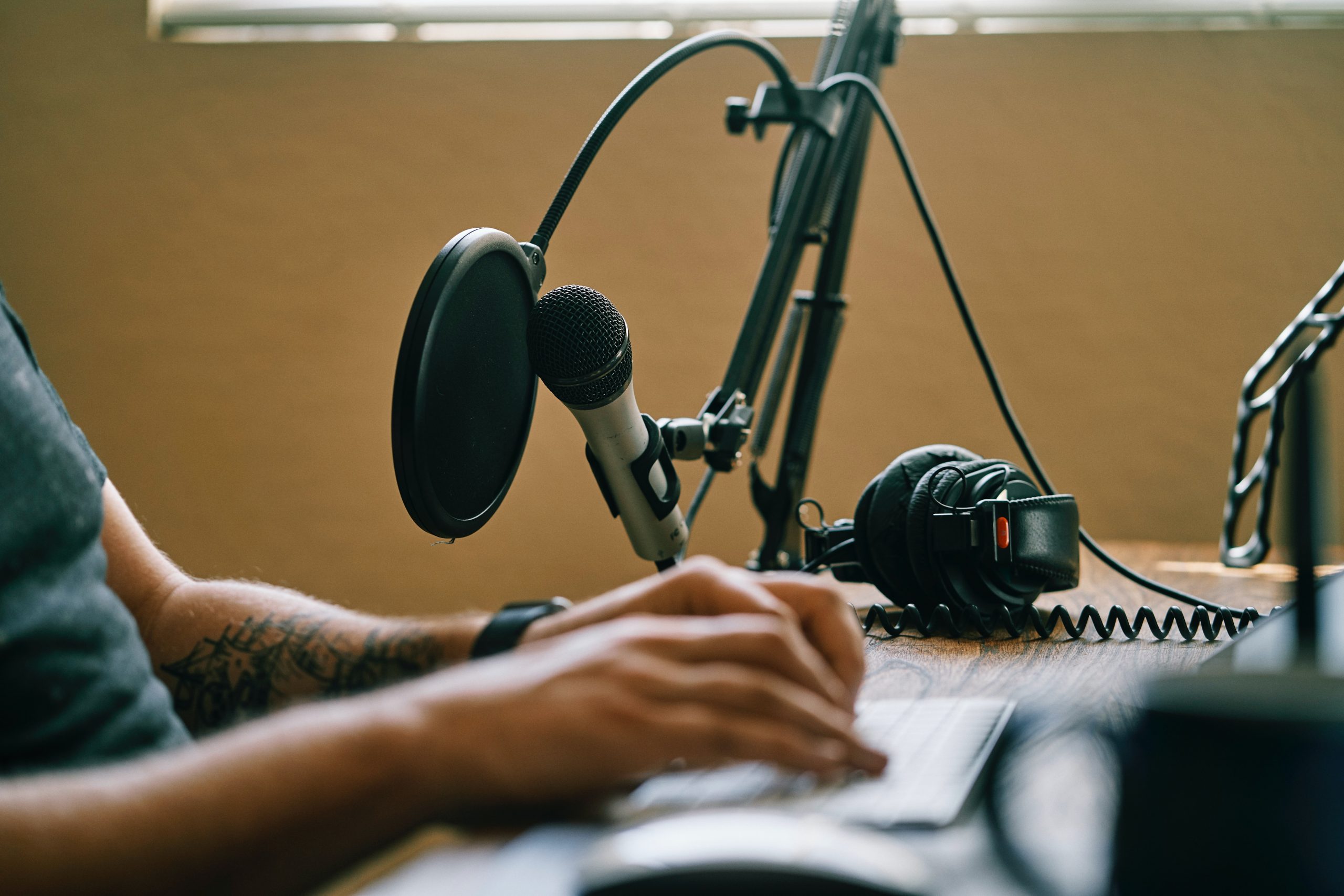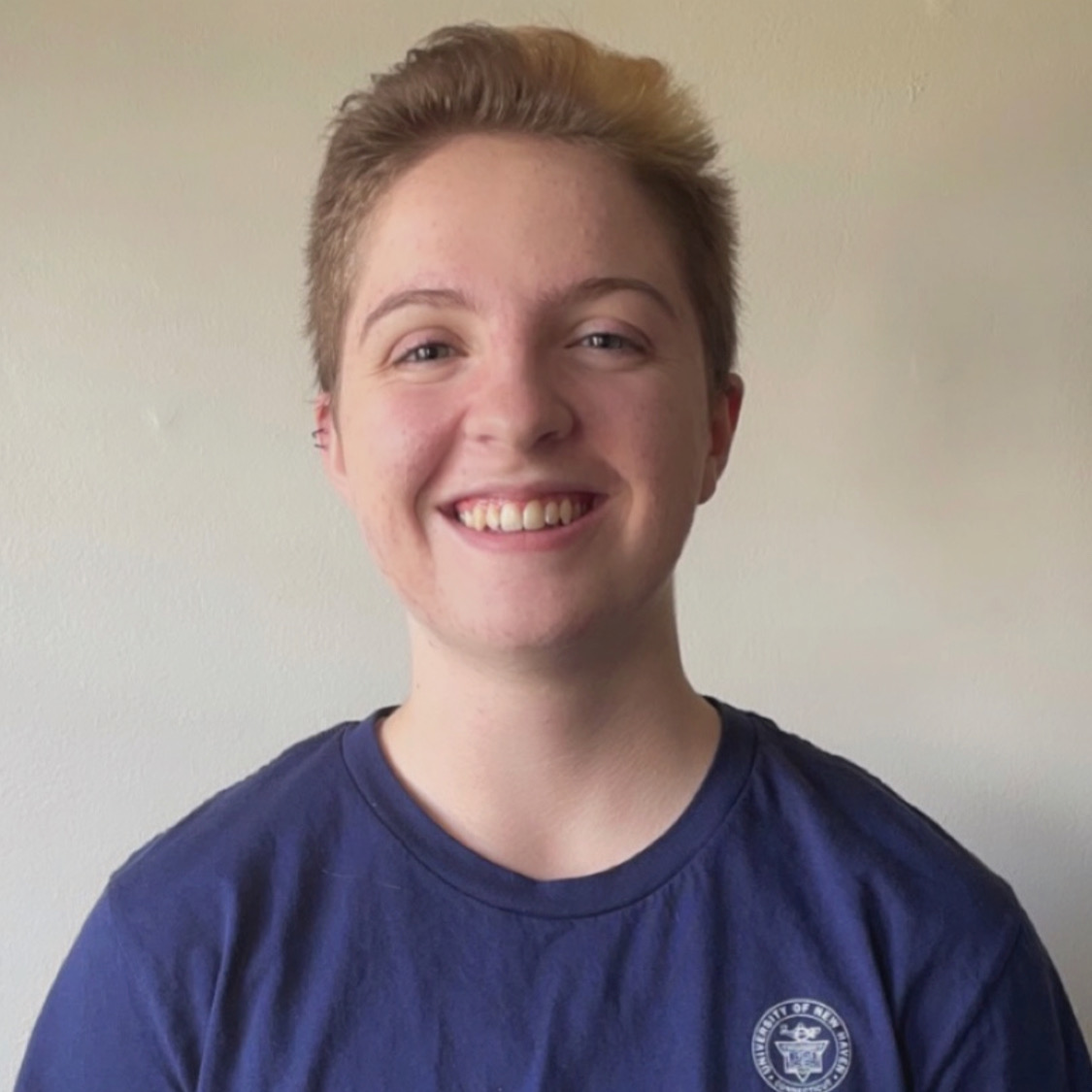In the past decade, independent online content flourished on YouTube, collecting the peak of human creativity and organizing it on one platform. While YouTube is still alive and well, it seems like content creators are slowly moving away from the traditional vlog and “Let’s Play” formats and migrating primarily to podcasts. This format has just as much variety as YouTube does, from gaming and fashion content to political and conversational pieces. Quarantine helped give thousands of people the time to create original content in an easy, accessible way. It’s hard to find anyone nowadays that doesn’t take some time out of their week to listen to their favorite podcast, or even create one themselves.
Not all podcasts are created equal, though. In the past few years, there’s been a steady increase in independent content creators that use their new platform to broadcast misogynistic material. These podcasts usually consist of two or more men sitting around microphones and spreading problematic views of women under the guise of sharing relationship advice with their audience. These types of indie podcasts are easy to spot. Internet trends have targeted them for their enthusiasm for IPAs and tendency to call women “females.”
Recently, one such podcast called “Good Bro Bad Bro” came under fire for its content, particularly one episode in which they discussed the motivations behind why many people go to the gym. In a viral clip, they claimed that men have a harder time lifting weights than women do because men must “resist Earth’s gravity” as they put on body mass. Though many online laughed at the ridiculousness of this claim, it highlights a recurring trend within the topics that are discussed on such podcasts. The hosts of this indie podcast went on to say that people, particularly women, are lying if they say they’re interested in fitness for any reason other than that they want to be attractive to members of the opposite sex.
Some of these conversations are reminiscent of the worst parts of a boys’ locker room, digging up toxic masculine ideals and twisting them against anyone who doesn’t fit into the strict definitions of male and female. This trend started with the “Alpha Male” movement, mainly championed on TikTok, in which these podcast hosts labeled certain behaviors as feminine and others indicative of “true manliness.” This progressed past reasonable standards, with some hosts going as far to say that men simply showing vulnerability in front of their girlfriends was a sign of weakness and they should only save those emotions for fellow male friends. This naturally progressed to homophobic and transphobic sentiments, where at best, members of the LGBTQ+ community were completely left out of the conversation, and at worst, were directly attacked for failing to fit a heteronormative standard.
Much of these discussions boil down to attacking the foundations of modern feminism and discouraging ideas such as body positivity and the dismantling of traditional gender roles. Many thought the days of harassing women online for their looks or interests were behind us, but conversations on these podcasts are re-centering a lot of these ideas. Many podcasters go as far as to say that women simply posting pictures of themselves on social media is a form of cheating as if women are marketing themselves to potential dates. This proud public display of objectification and misogyny is setting back much of the progress that women’s advocates have made in the last several decades. Perhaps the most insidious tactic that these indie podcast hosts use is blaming any criticism of their harmful content on the “woke police,” claiming that all attacks are coming from these “triggered” social justice campaigners.
It’s difficult to pin down exactly what caused this resurgence in sexist content on indie podcasts, as people online have been pointing their fingers in a variety of different directions. It might simply be that straight men on the internet feel left out of the conversation, considering many online circles discuss social justice topics like racism and human rights violations that don’t concern them. These podcasts function to center themselves in the online discourse once again. At worst, these podcasts are a troubling response to the current political climate, which tends to grant more of a platform to alt-right voices that campaign for bigotry under the defense of free speech. Either way, many have speculated that this primarily comes from a place of entitlement. Some men continue to feel entitled to their dehumanizing opinions about women’s behavior and bodies, and that manifests on a platform that is easily accessible, not only for creators but listeners as well.
Many of these indie podcasts create their own echo chamber within a network of similar content. Some of these content creators simply parrot each other or build off the same sexist argument and get to listen to their peers agree with what they say. Rarely do they welcome women onto the podcast or foster a space for genuine debate because, in truth, that’s never what they’re looking for. Many of these podcast hosts seem to flourish most when their male friends validate their outdated views.
The internet is fairly united against this type of content, going as far as to start hashtags like #menwithpodcasts to make fun of the way that these hosts talk about women. With attitudes like this, it might seem like this content, though harmful, is not an immediate concern. It’s easy to simply say, “Well, if you don’t like this type of content, simply don’t listen to it.” The problem is that much of this content has leaked onto TikTok and similar websites, where it’s become very easily accessible to younger audiences. These kids, especially teenage boys who are struggling to contextualize the world and their role in it, are more receptive to this type of sexist content. They might not even immediately realize that what they’re consuming is harmful. All they’re going to see is men that look like them, or what they want to look like, and take their words as gospel.
Still, it’s refreshing to see that the internet at large is not receptive to this type of content, and with a lack of the attention that some of these hosts are desperate to earn, perhaps this genre of indie podcasts might fizzle out of the mainstream in coming years. YouTube stars like Kurtis Conner and fellow podcasters like Drew Afualo continue to poke fun at these “Alpha Men,” and will hopefully chase them off their platforms with their tails between their legs.

















